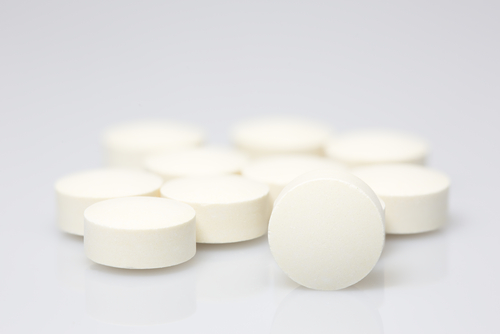Phase 1 Trial in Healthy Volunteers Supports Continued Development of ATN-249 for HAE
Written by |

Attune Pharmaceuticals’ ATN-249, an investigational kallikrein inhibitor for the prevention of swelling attacks in hereditary angioedema (HAE) patients, was found generally safe and well-tolerated in a Phase 1 clinical trial with healthy volunteers, the company announced.
Findings from this first-in-human trial (ACTRN12618000430235) were also presented during the recent Western Society of Allergy, Asthma & Immunology (WSAAI) 2019 Annual Scientific Session in Maui, Hawaii. Ira Kalfus, MD, chief medical officer of Attune, presented the poster, “Pharmacokinetics and Safety of ATN-249, a Novel Oral Plasma Kallikrein Inhibitor for Hereditary Angioedema.”
“We are very pleased that our first-in-human study showed orally administered ATN-249 achieves high blood plasma levels, with dose-dependent pharmacokinetics, and a favorable safety profile,” Andrew McDonald, PhD, CEO of Attune, said in a press release. “We expect to complete the multiple ascending dose trial shortly and plan to rapidly advance the program to a Phase 2 trial.”
Most HAE attacks are caused by high levels of an inflammatory molecule, called bradykinin, that makes vessels more permeable and allows fluid to escape into neighboring tissues.
Blocking kallikrein, an activator of bradykinin, is a promising approach to prevent these attacks, as confirmed by Shire‘s kallikrein inhibitor Takhzyro (lanadelumab) — now approved in the U.S. and Europe as a preventive treatment for HAE patients.
However, Takhzyro requires patients to receive an injection in the abdomen, arm, or leg every two to four weeks. This led Attune to develop ATN-249, a kallikrein inhibitor that can be taken orally.
During the ongoing randomized, placebo-controlled Phase 1 trial in 48 healthy volunteers, 30 patients received ascending doses — from 50 mg to 800 mg — of ATN-249, and 12 received a placebo.
To determine if food influences ATN-249’s behavior in the body — its absorption, metabolism, and excretion — another six patients received the treatment in fasting conditions and after eating a meal rich in fat and calories.
The investigational treatment was found safe and well-tolerated across all dose groups. The most commonly reported adverse events were headaches, upper respiratory tract infections, and lightheadedness, which were all mild in severity, and none were deemed to be treatment-related.
ATN-249 was stable, showing levels in the body that correlated with the administered dose. Food also had no impact on the stability and exposure of ATN-249.
“The positive outcome of this Phase 1 trial is an important milestone in the development of ATN-249 for the treatment of hereditary angioedema,” Kalfus said. “ATN-249, as a potential effective and well-tolerated oral treatment, has the potential to significantly improve disease management and patient quality of life.”
Upon completion of the Phase 1 trial, Attune expects to launch a four-week dose-ranging Phase 2 trial to continue studying ATN-249’s safety and determine its efficacy at reducing the frequency of HAE attacks.





